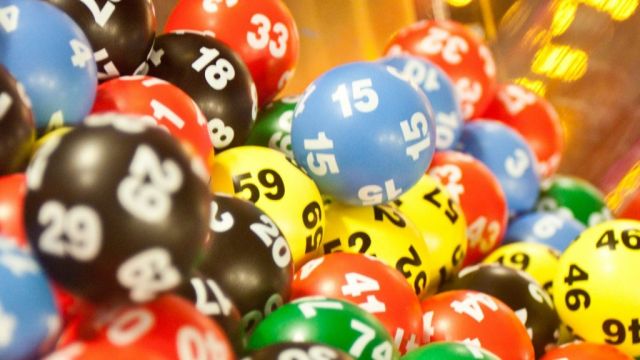Lottery gambling has an undeniable allure that captivates millions of people worldwide. The promise of instant wealth, the thrill of beating astronomical odds, and the simple pleasure of imagining a life transformed by newfound riches are powerful motivators daftar koitoto. However, beneath this shiny surface lies a complex and often controversial world of chance and choice.
The Appeal of the Lottery
Lotteries have been a part of human culture for centuries, evolving from simple raffles to intricate games with multimillion-dollar jackpots. The appeal is universal: for a small investment, anyone can dream of winning big. This accessibility makes lotteries one of the most widespread forms of gambling, transcending national borders and cultural differences.
The Dream of Instant Wealth
What drives people to spend their hard-earned money on lottery tickets? Psychologically, lotteries tap into our innate desire for financial security and freedom. The chance to escape debt, provide for loved ones, or indulge in lifelong dreams is tantalizingly close with each ticket purchased. Studies have shown that even those who never buy tickets enjoy imagining what they would do if they won.
The Reality of the Odds
Despite the dream, the odds of winning the lottery are notoriously slim. For many, buying a ticket is akin to purchasing a tiny piece of hope. Statistically, you’re more likely to be struck by lightning multiple times than to win a major lottery jackpot. Yet, the human mind often glosses over these probabilities, focusing instead on the possibility, no matter how remote, of a life-changing windfall.
The Dark Side of Lottery Gambling
Lottery gambling is not without its critics. Concerns about its impact on low-income communities, where spending on tickets can divert funds from essential needs, have led to debates over its societal value. Critics argue that lotteries exploit the vulnerable by offering false hope and perpetuating the belief that financial success is a matter of luck rather than hard work.
Responsible Gambling and Regulation
Governments regulate lotteries to ensure fairness and to minimize harm. Responsible gambling initiatives aim to educate consumers about the risks and promote healthy habits. This includes setting limits on spending, recognizing when gambling is becoming problematic, and seeking help when needed.
The Future of Lottery Gambling
As technology advances, so too does the lottery industry. Online platforms and mobile apps make it easier than ever to participate, while innovations such as blockchain technology promise greater transparency and security. The future of lottery gambling will likely continue to evolve, adapting to meet changing consumer preferences and regulatory requirements.
